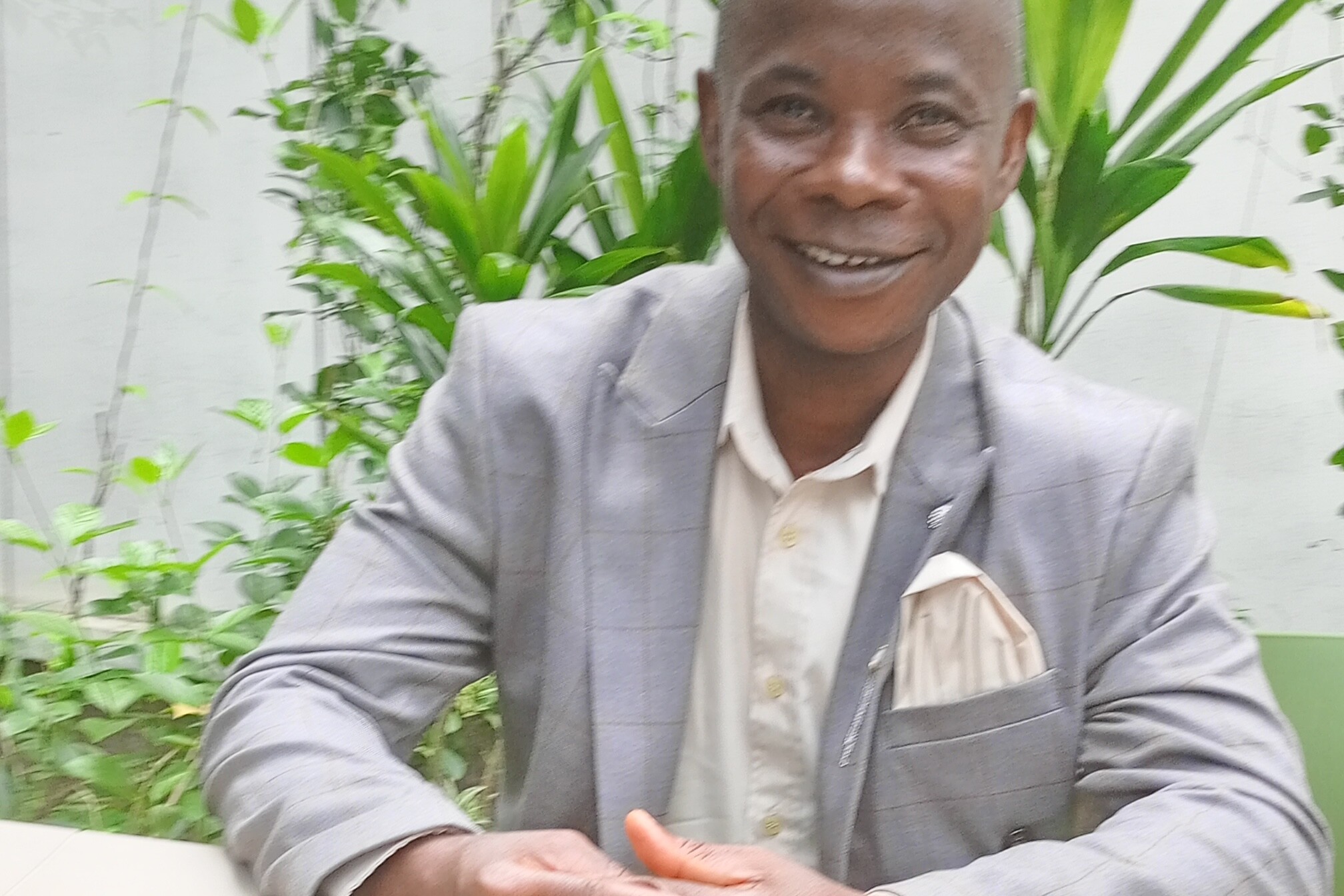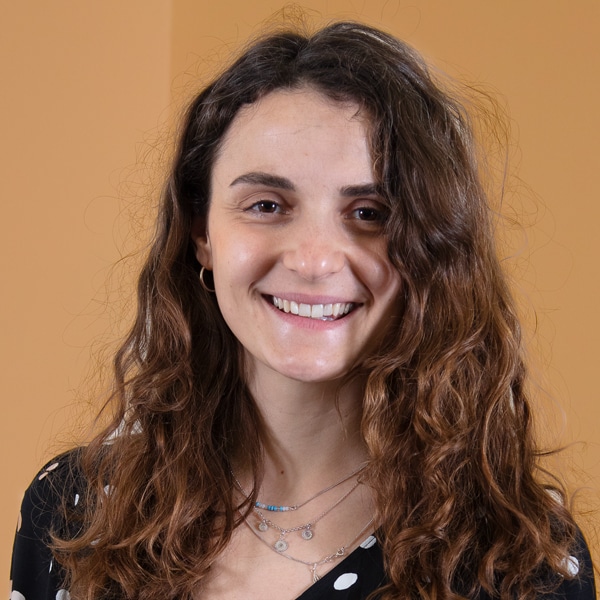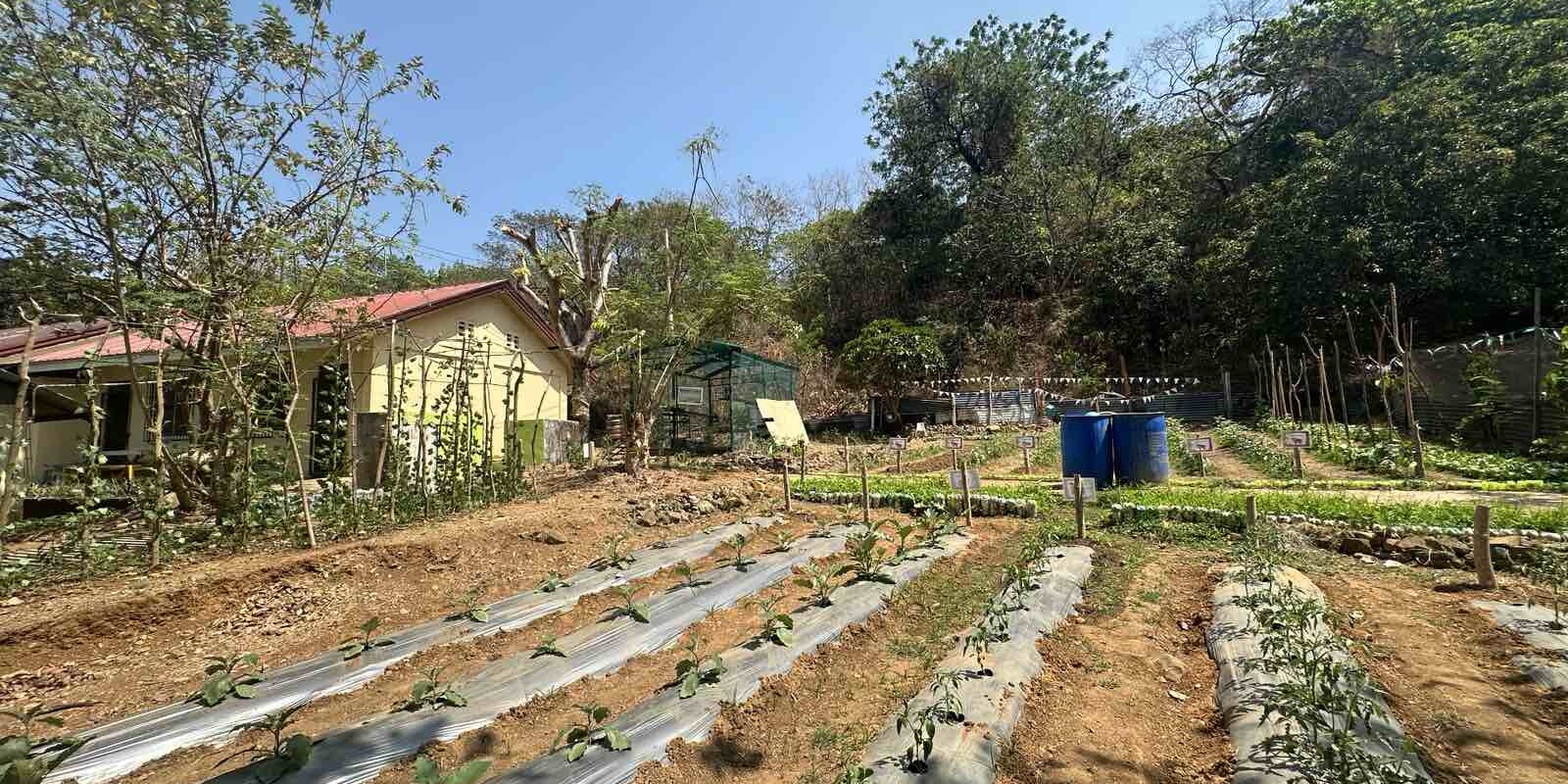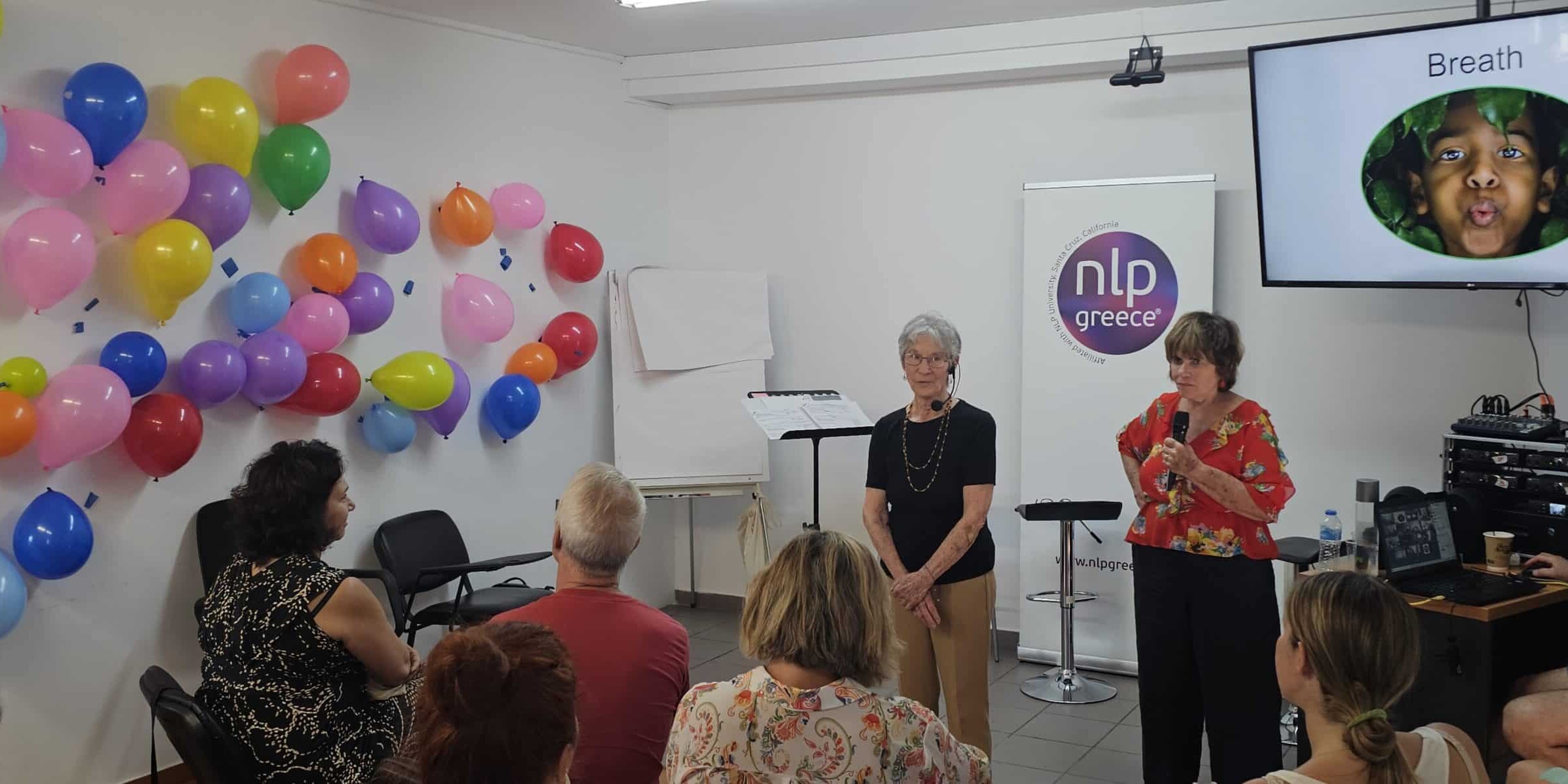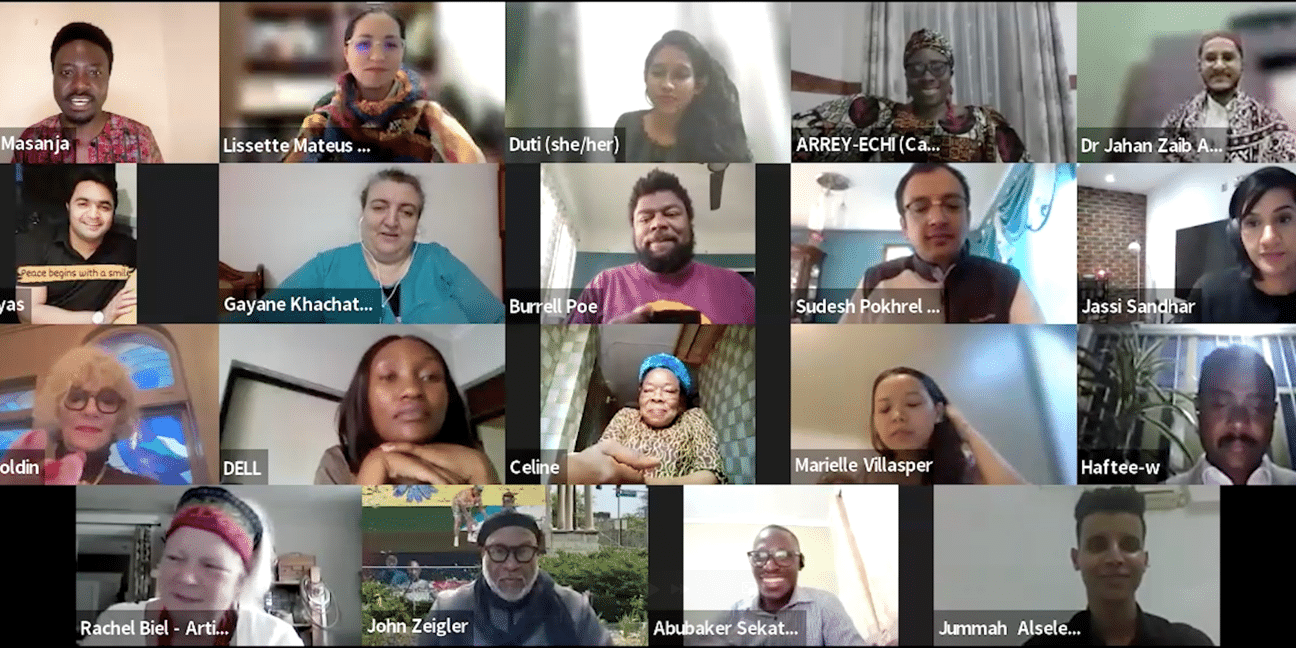John Kamma, a 2021 Global Fellow from Liberia, recently participated in the sustainability discussion and capacity-building sessions of the West Africa Regional Network on Organized Crime (WARNOC) in Cote D’Ivoire, West Africa.
John, a fantastic community activist and the Founding Executive Director of the Citizens Bureau for Development and Productivity in Liberia shares his insights from this journey and how confronting issues such as organized crime and human trafficking requires a community-based response.
Drawing upon experiences, observations, and productive initiatives witnessed during his trip to the region, he emphasizes the importance of empowering local communities to combat organized crime. Further, John recalls his experience as a Goldin Fellow and what lessons he still carries with him. He acknowledges that the fight against organized crime, especially in low-income communities in West Africa, calls for a multifaceted approach that empowers communities, engages civil society actors, leverages partnerships with relevant institutions, and secures vital resources for people in need.
In this article, he speaks on the critical role of listening communities closer to the issue and igniting social change from the bottom.
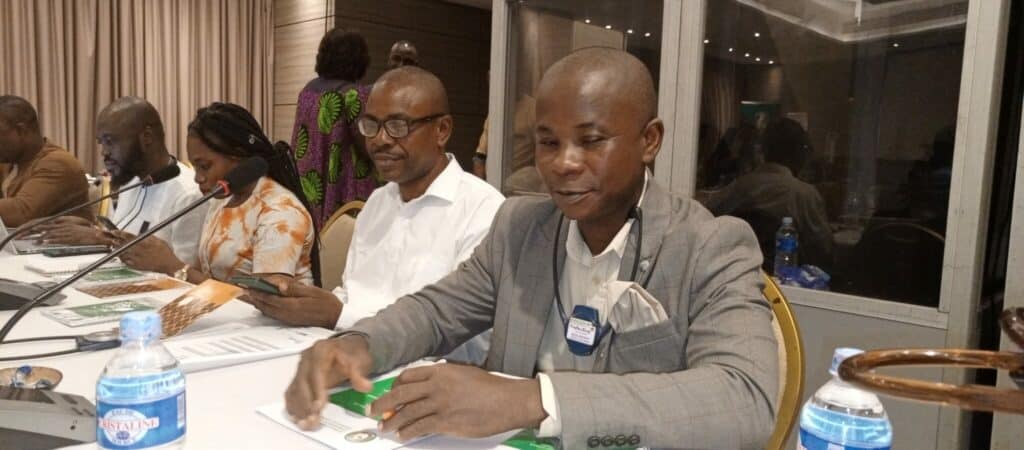
Community-based Response in Tackling Violence, Human Trafficking, and Organized Crime
Initially, he provides more details about the specific challenges West African communities face with organized crime and violence. “Some of the more emergent challenges are artisanal gun and weaponry, arms trafficking, human trafficking, fraudulent medicines, artisanal trafficking, money laundering, force recruitment, extension to illicit use of drugs and prostitution in mining sites, toxic waste dumping.” Others include election-related violence, youth inclusion, and land management.
To adequately address those vast challenges, he believes in the importance of community-based response. . For instance, he shares that a community in Liberia mobilized its people, took action, and broke down a dilapidated structure, which was seen as a criminal hideout and all kinds of illicit activities, including the sale of illegal drugs.
In another example, communities embraced the establishment of Community Justice Teams whereby local community dwellers were trained in skills needed for better community participation- and a better understanding of the importance of a harmonious society. “They were trained in alternative dispute resolution and mediation skills to resolve disputes before they could reach the point of violence or need to be taken to the Police station or the Court”, John shares. These mediators are also creating awareness against transnational organized crime to prevent victimization.
[Read HERE more about the Community Justice Team in Liberia]
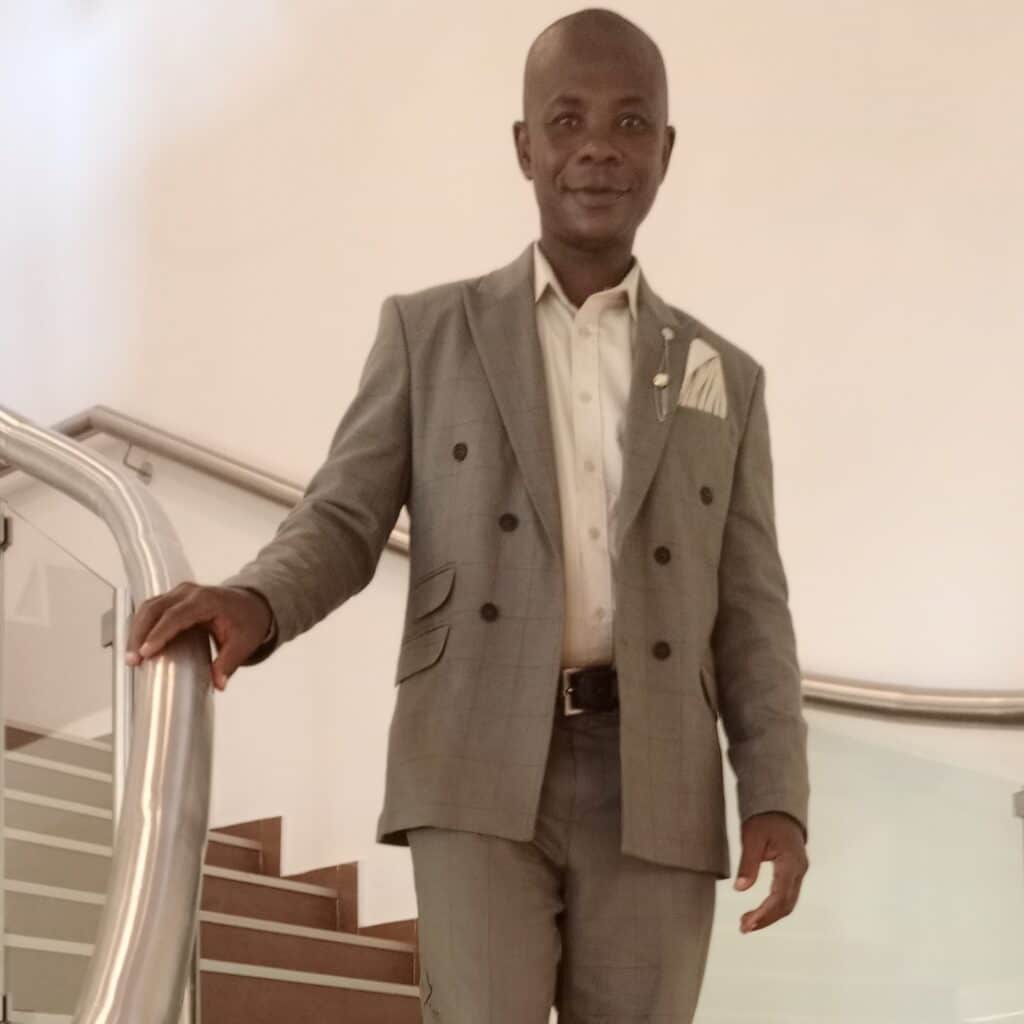
Learning from Opportunities and Long-Term Lessons
John says that WARNOC members faced an important question: how they can sustain the network and what functions and competencies exist collectively that can be harnessed toward continuing the work of the network. “This became critical as the organizations had not previously profiled and assessed how they could use their various functions and fields of expertise to support the effective functioning of the network.” The members were supported to identify the functional areas and strengths and how to use these to contribute to the expansion of the network.
Furthermore, the members highlighted the need for the network to begin engaging with the Economic Community of West African States (ECOWAS) Commission towards forming a partnership agreement. “Such agreements allow us to provide the ECOWAS Commission with credible research results, engage in advocacy at the regional and national level, as well as monitoring and reporting on progress or otherwise, all made to prevent transnational organized crime from negatively impacting communities in the region.” This topic and John’s remarks take greater importance while we acknowledge their importance transcends time.
Envisioning the long-term sustainability of the efforts discussed during the sessions, John shares: “The long-term sustainability was outlined as resource mobilization and institutional capacity building to support advocacy and research activities identified during the workshop.” He believes that establishing a network governance structure, strategic development and action plans, network registration, coordination matrix, funding raising, and communication strategy would benefit the community in tackling this hardship.
Again, speaking from his experience during this trip, he says that youth employment, education against violence, organized crime, and increasing donor support are among the most pressing needs and priorities for addressing organized crime in this region.
He includes the significant role of civil society involved in this process. “We also must work toward increasing civil society involvement to step up sensitization and advocacy for policy formulation and implementation at the national level. Civil society and government partnerships leverage resources for active civil society involvement against organized crime.”
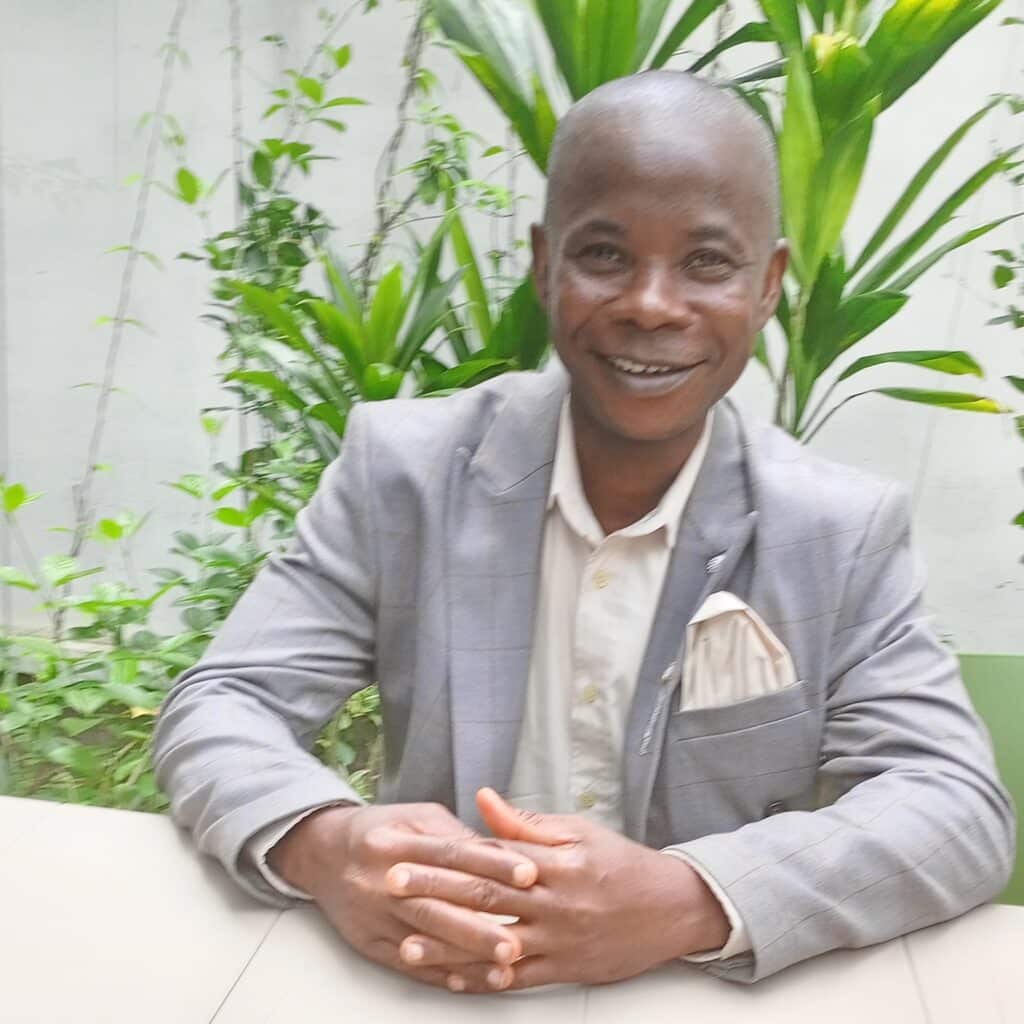
Goldin Lessons: In Community, Everyone Deserves to be Heard
Being a Goldin Fellow has taught him the importance of tailoring any interventions to the needs of the people by planning together with them. “This way, people get involved and take ownership, which is key to sustainability. The lessons I still carry with me today gained from the Goldin Institute are: In community organizing, everyone matters and has the right to be heard in deciding a community’s future despite background or station in life.”
Note: The Functional Focal Areas/Contributions to WARNOC across all member organizations include Research, Advocacy, Communication, Community Sensitization, Mobilization, and Training. Others are Data Collection, Grants and Proposal Writing, and Development of Policy Briefs or Papers.
